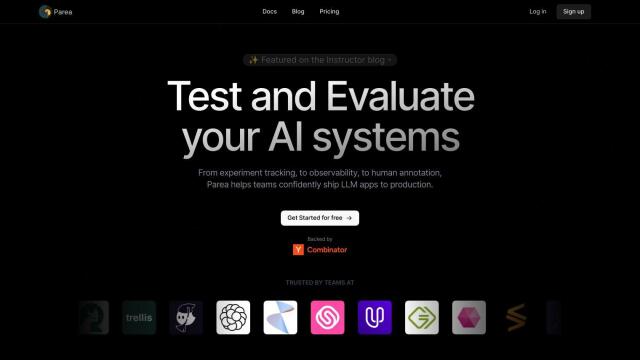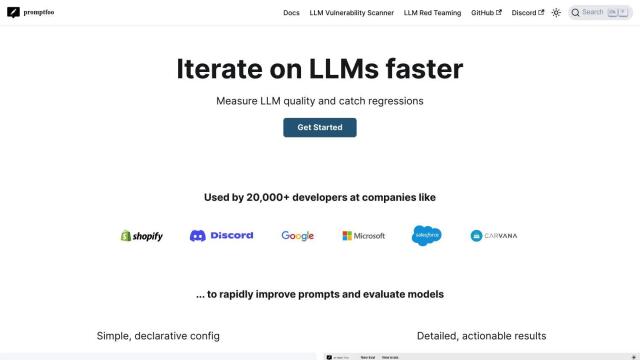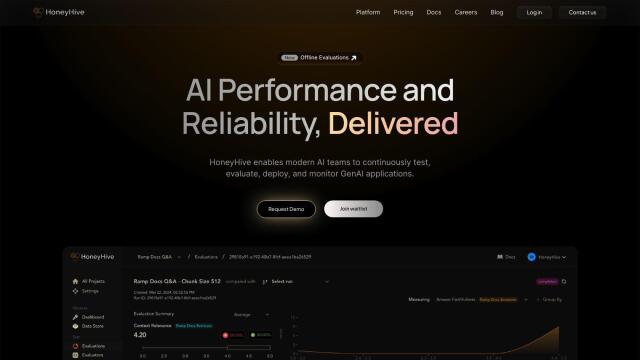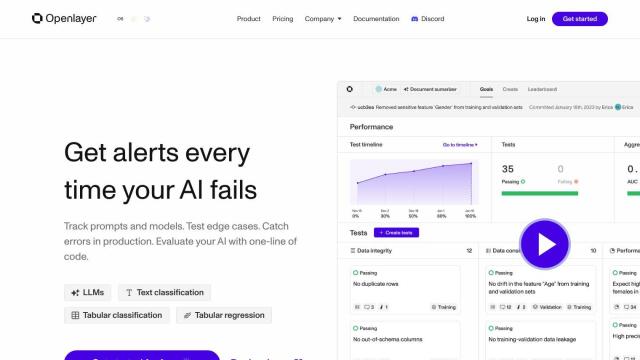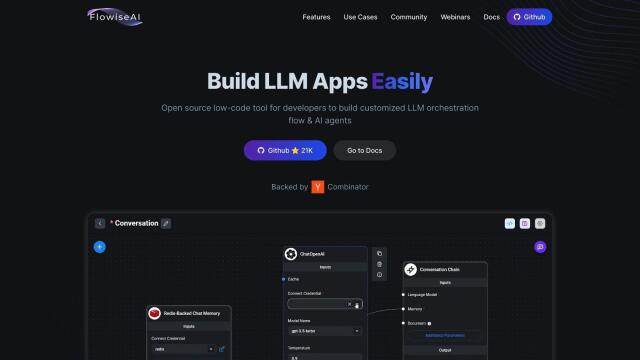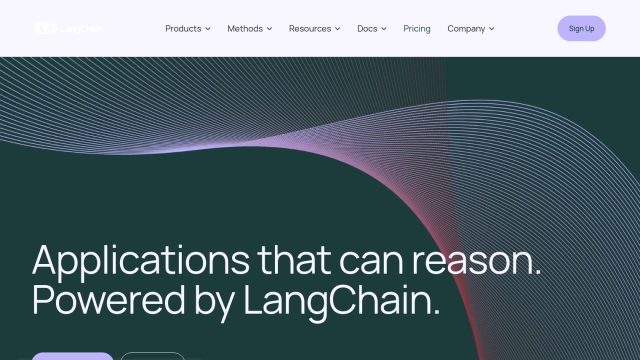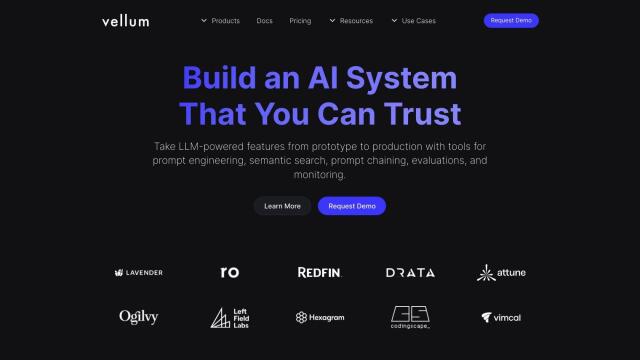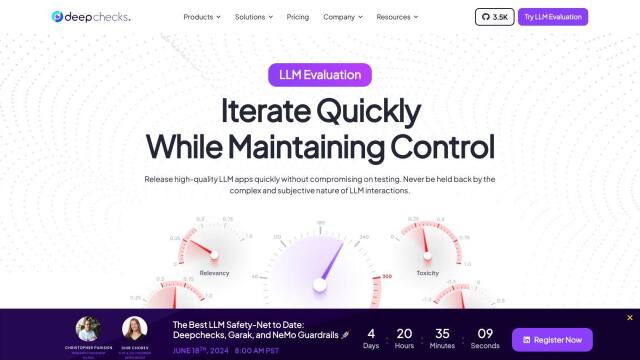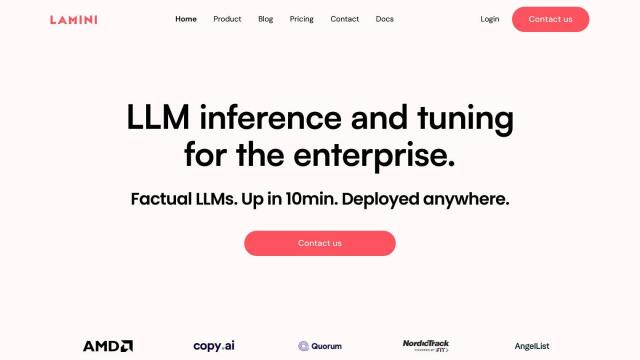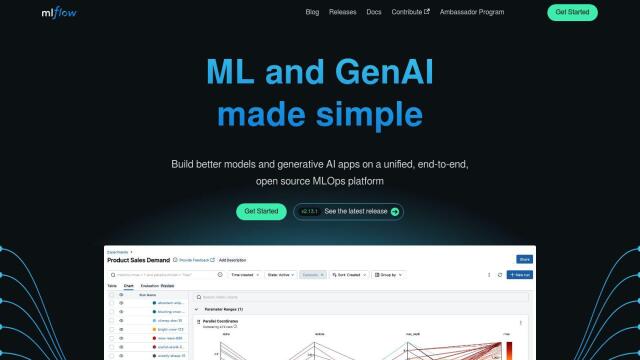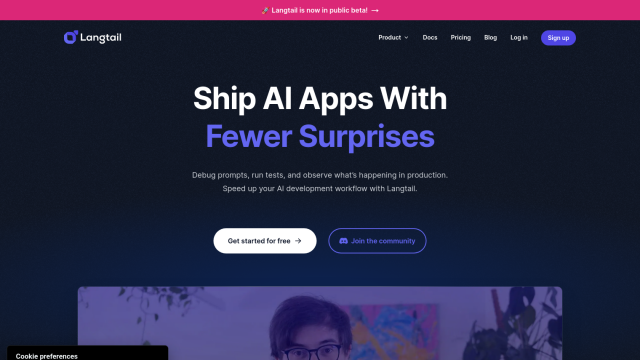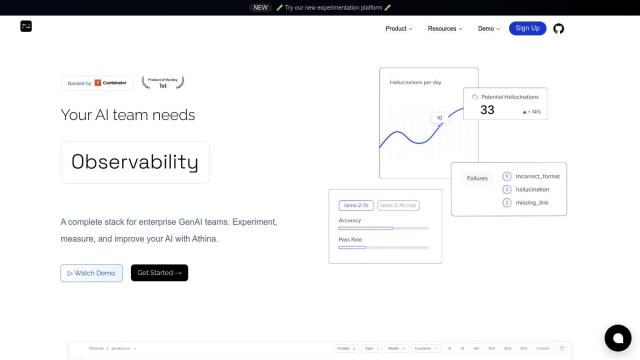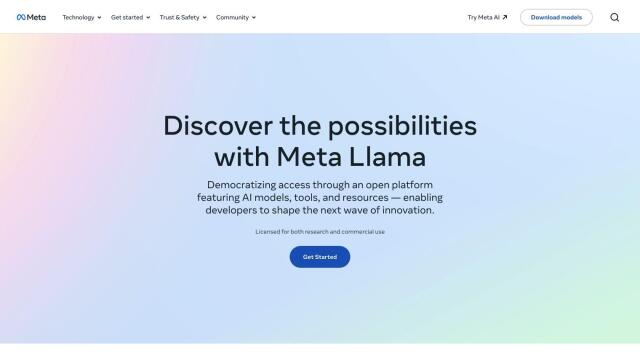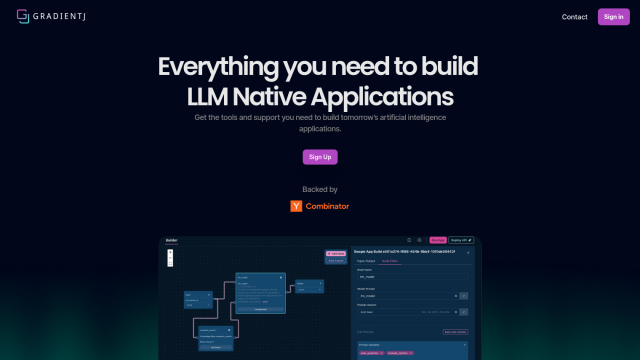Question: Can you recommend an open-source platform for experimenting with large language models and tracking their quality and performance?

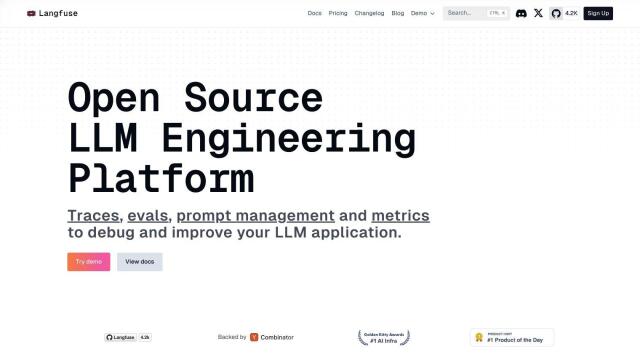
Langfuse
If you want an open-source foundation to try out large language models and monitor their quality and performance, Langfuse is a great choice. It's got a lot of features for debugging, analysis and iteration of LLM applications. Langfuse has tracing, prompt management, assessment, analytics and a playground for testing. It can be hooked up to Python and JavaScript SDKs, OpenAI, Langchain, LlamaIndex and other services. And it's got security certifications like SOC 2 Type II and ISO 27001, so it's a good choice for enterprise use.
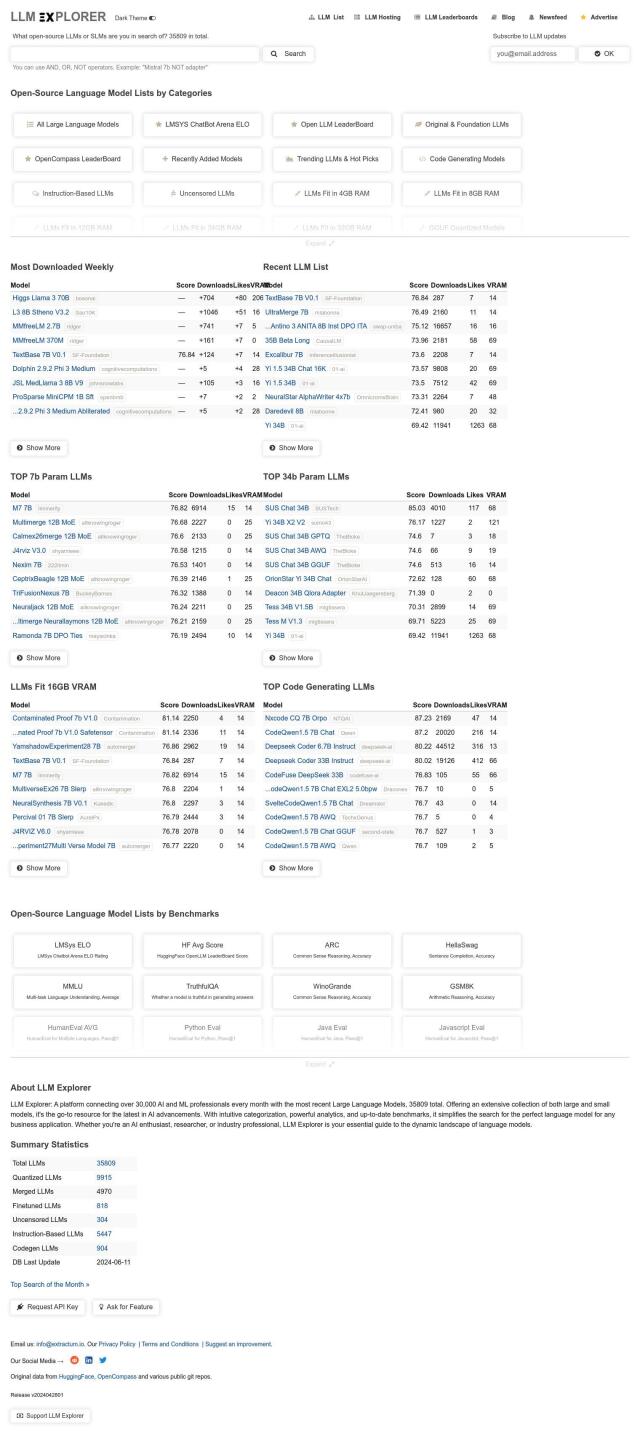
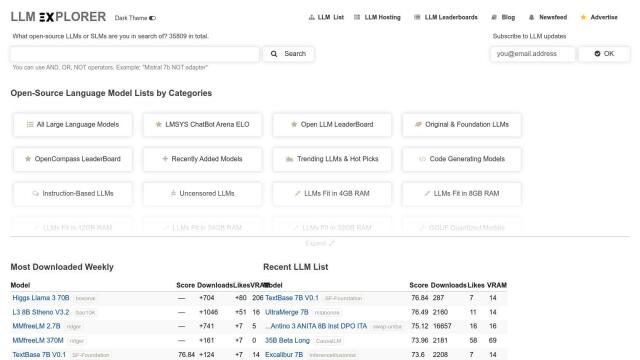
LLM Explorer
Another powerful foundation is LLM Explorer. It's got a gargantuan library of more than 35,000 open-source LLMs and Small Language Models (SLMs) that you can filter by parameters size, benchmark scores and memory usage. You can browse and compare models by their attributes and see what's been added recently and what's popular. It's a good choice for AI enthusiasts, researchers and industry professionals who want to quickly find and use the best language models for their needs.


Predibase
If you're a developer who wants to fine-tune and serve LLMs, Predibase is worth a look. It's got a low-cost serving foundation with free serverless inference up to 1 million tokens per day. Predibase supports several models, including Llama-2, Mistral and Zephyr, and has some of the latest tricks like quantization and low-rank adaptation. It's on a pay-as-you-go pricing model, so it's good for small or large projects.
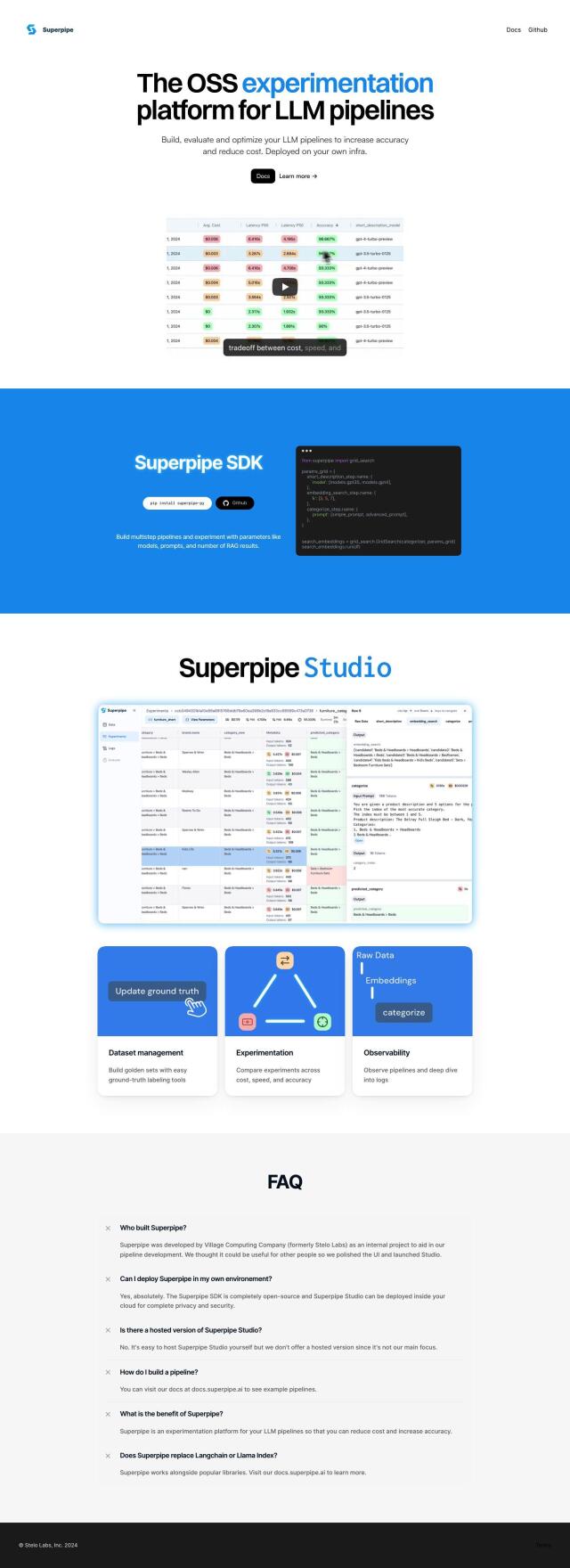
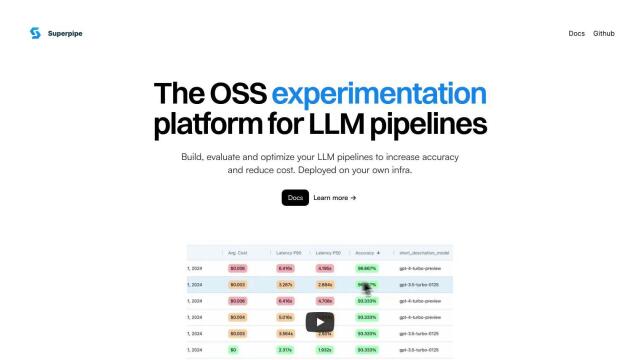
Superpipe
Last, Superpipe is an experimentation foundation for optimizing LLM pipelines. It's got tools like the Superpipe SDK for constructing multi-step pipelines and Superpipe Studio for managing datasets, running experiments and monitoring pipelines. With its self-hosted option, you get full control over privacy and security, so it's a good choice for optimizing LLM pipelines for better results.

